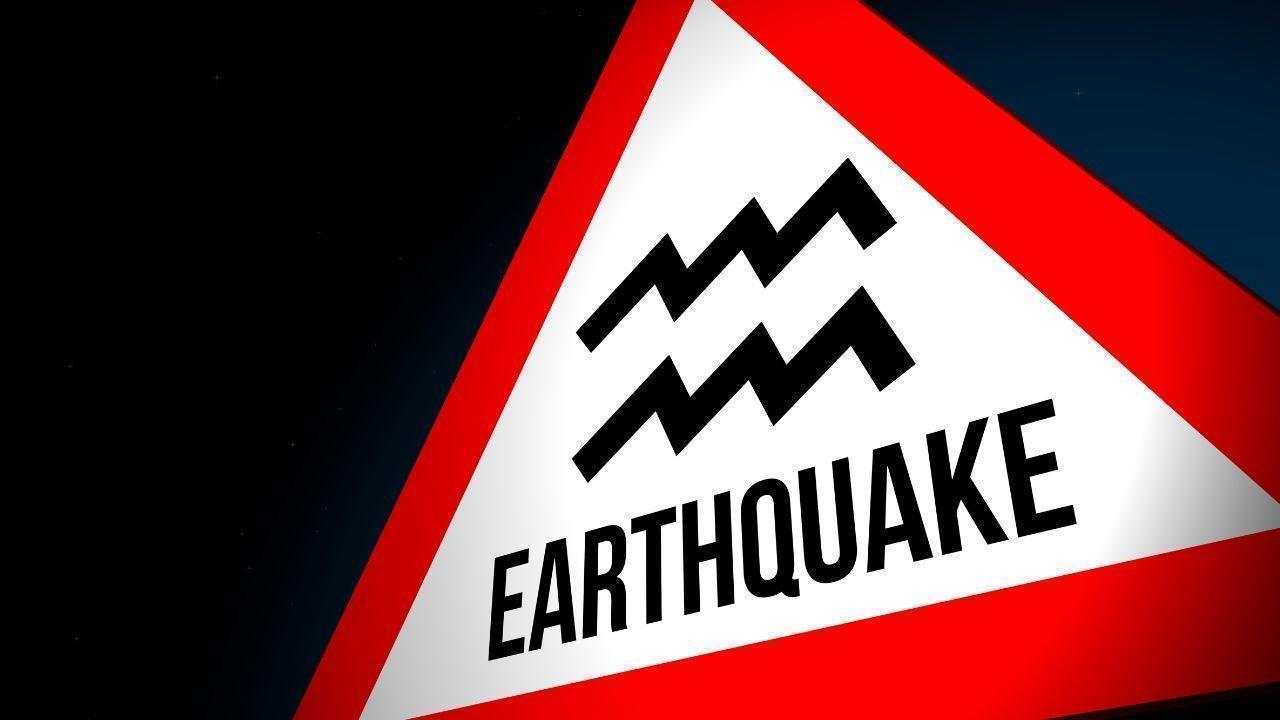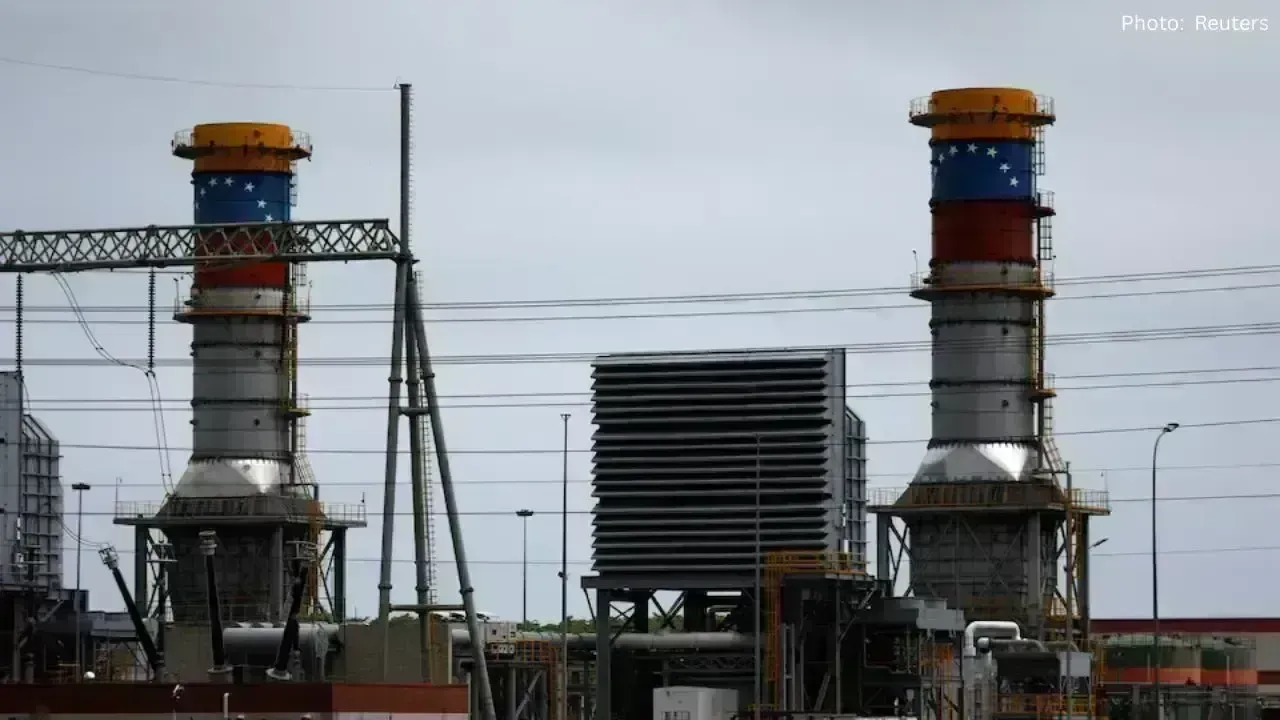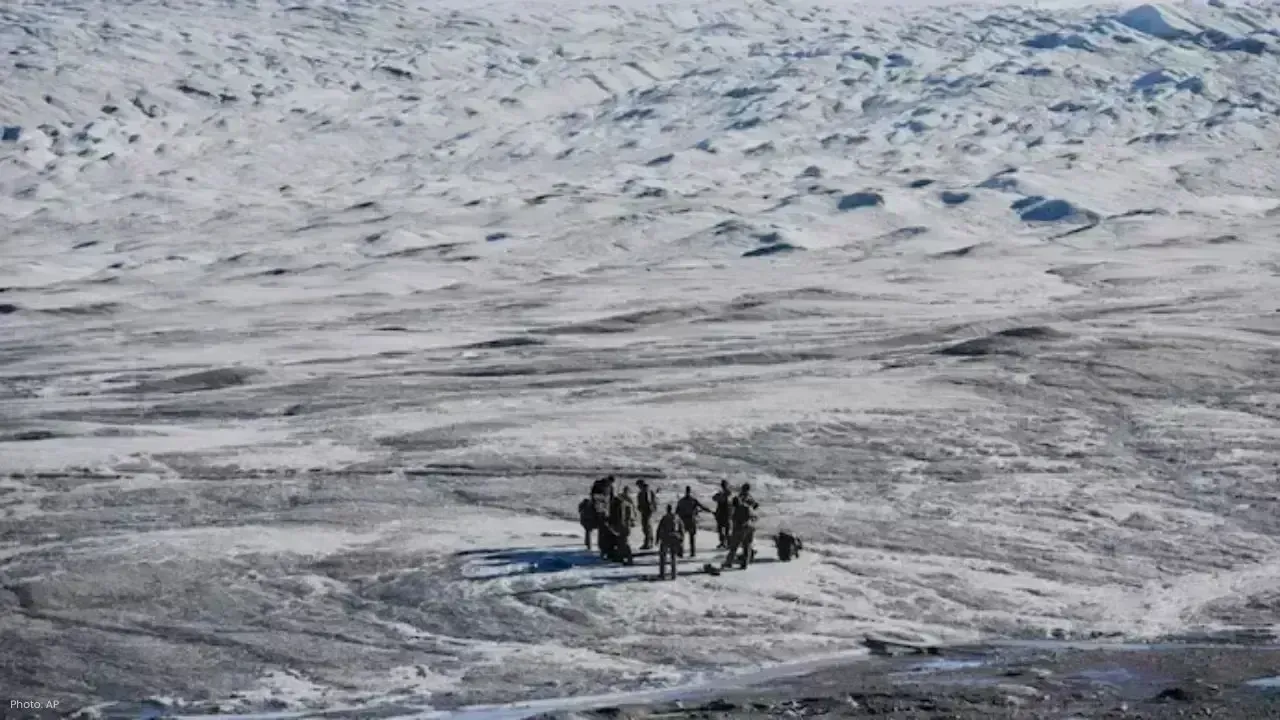You have not yet added any article to your bookmarks!

Join 10k+ people to get notified about new posts, news and tips.
Do not worry we don't spam!

Post by : Rameen Ariff
This afternoon, a significant earthquake registering at 5.7 magnitude hit Japan’s northern prefecture of Hokkaido, as per the German Research Centre for Geosciences (GFZ). The quake was recorded at a shallow 10 km depth, allowing its effects to be felt throughout various areas in the region. Thankfully, initial reports indicate no injuries or major infrastructure damage.
Japan, located in a highly active seismic zone, frequently encounters quakes due to its position along significant tectonic plate boundaries. With the most comprehensive seismic monitoring network globally, the country can detect even minor seismic events, crucial for timely alerts and disaster readiness.
In related seismic activities, a 3.7 magnitude quake also affected regions along the Pakistan–Afghanistan border today, as confirmed by the National Centre for Seismology (NCS). The event occurred at 10:14 a.m. IST at a shallow depth of 10 km, making it susceptible to aftershocks. The NCS tweeted, “EQ of M: 3.7, On: 24/10/2025 10:14:26 IST, Lat: 36.64 N, Long: 72.77 E, Depth: 10 Km, Location: Pakistan.” Fortunately, reports indicate that there were no injuries or damage from this quake either.
Earlier this week, there was a 4.3 magnitude earthquake that affected parts of Afghanistan, while Tibet experienced several tremors, including one of 3.6 magnitude and another of 4.0. The Tibetan Plateau, with its geological activity, frequently experiences tremors due to the movement of tectonic plates. The region had previously endured significant earthquakes ranging from 5.9 to 7.1 in magnitude back in 2008, showcasing its continuing seismic volatility.
Experts warn that shallow earthquakes like those observed today pose a greater threat, as their seismic waves reach the ground surface more quickly, resulting in amplified shaking. Despite their moderate magnitudes, they can lead to considerable damage. The World Bank recently reported that an earthquake in Afghanistan on August 31 inflicted around $183 million in physical damages to buildings and infrastructure.
The recent sequence of earthquakes across Japan, Pakistan, Afghanistan, and Tibet highlights the vulnerability of numerous Asian regions to seismic activity. As tectonic plates continue to move, experts stress the significance of ongoing preparedness, infrastructure integrity, and real-time monitoring to mitigate future hazards.
Despite the mild tremors today not resulting in major casualties, the succession of earthquakes throughout Asia underscores nature’s unpredictability and the necessity for sustained alertness in regions with high seismic risks.










Alyssa Healy Announces Retirement, To Play Final Matches Against India
Alyssa Healy to retire after India series, ending a 15-year career with 3,563 ODI runs, 275 dismissa

Malaysia to Take Legal Action Against X Over AI Chatbot Grok Safety
Malaysia’s regulator warns X over AI chatbot Grok, citing user safety risks from sexualized image cr

Rashami Desai Opens Up About 8-Year Battle With Depression
TV actress Rashami Desai reveals how work helped her heal from an eight-year-long struggle with depr

Myanmar Polls Proceed as Junta Chief Min Aung Hlaing Looms Large
Though not on the ballot, junta leader Min Aung Hlaing dominates Myanmar’s election amid civil war,

Greenland Annexation Bill Proposed to Strengthen US Arctic Control
A new US bill proposes Greenland's annexation and statehood to secure Arctic dominance and curb Chin

Canada’s PM Mark Carney Begins Key China Visit Amid Trade Tensions
Canada’s PM Mark Carney visits China to strengthen trade and security ties amid strained U.S. relati